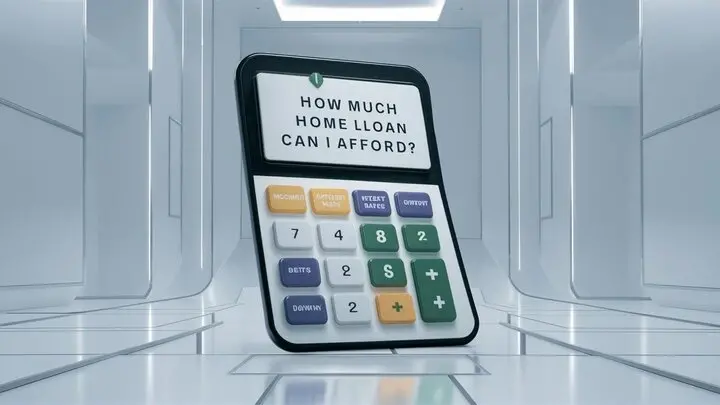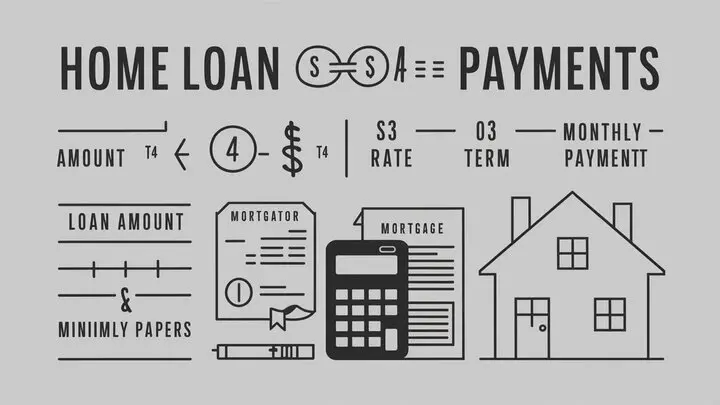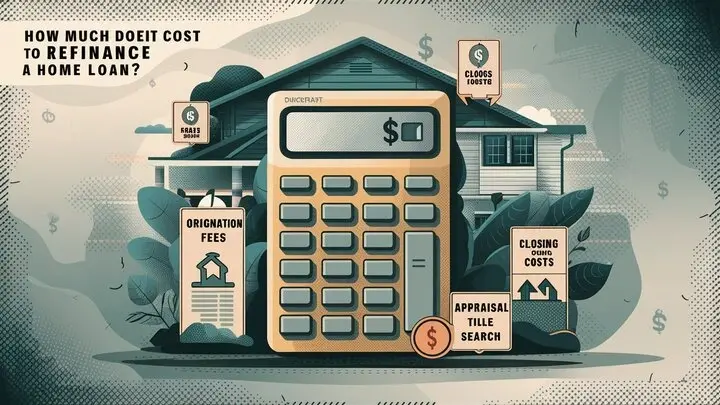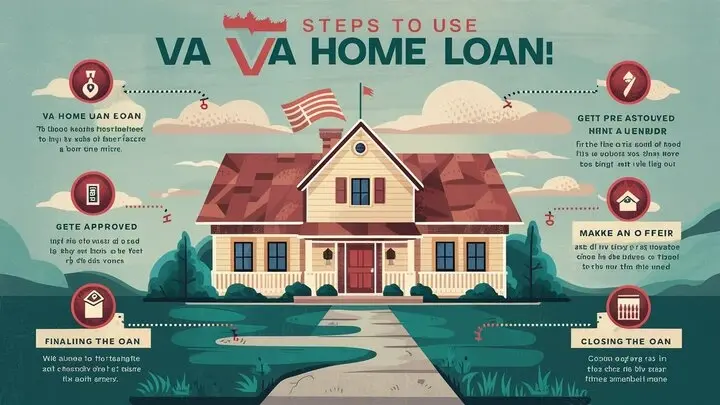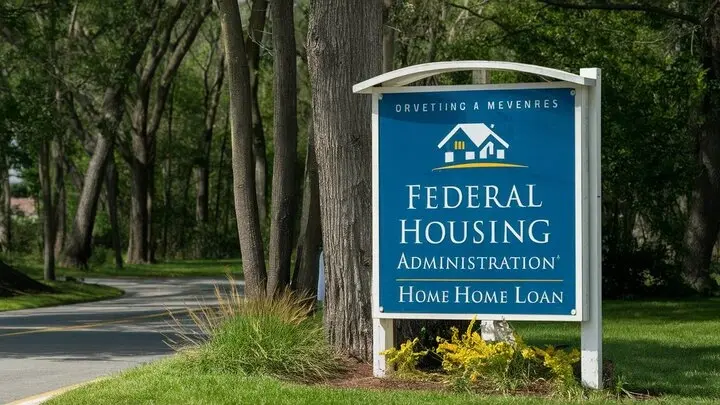-
Posted on: 23 Aug 2024

-
Obtaining a home loan in a situation when one is on the low credit list is not impossible but it can be a little challenging. That is why late payments, collections, or any other negative information on your credit report can lower your score and make lenders consider you a risky candidate. Nevertheless, numerous loans are tailored to individuals who have a poor credit rating. With the right attitude and a focused effort towards enhancing your financial status, you can secure a mortgage.
Assess Your Credit Report The first one is to obtain a copy of your credit report from the three credit referencing agencies, which include Equifax, Experian, and TransUnion. You need to know specifically what is pulling your score down so that you can make a plan to fix it. Look through all the reports for the possibility of contesting some entries that may have led to a negative change in your score. Also, find what percent of your credit limit is utilized at present. Credit utilization should also be below 30% as this is preferred by most of the lenders. Thus, reducing balances can also help to improve your score quite quickly as well.
Improve Your Credit Avoid applying for preapproval with less than six months in your credit history. Make sure you pay all your bills on time from now on. If there is any balance outstanding or collection, ensure that they are settled. The general understanding is that with each on-time payment and with each reduction in the outstanding debt, your credit will start to gradually improve. You should not apply for a new credit card or a loan in the months before applying for a home loan. New accounts and too many hard inquiries on your credit file are likely to lower your credit score. In as much as possible, reduce balances that are on revolving credit lines such as credit cards below the 30% threshold. This can improve your credit score since the credit utilization ratio plays a crucial role in your credit score.
Savings for a Down Payment Banks and other lending institutions also prefer a higher portion of the price to be brought by the buyer since this is considered as a sign of reduced risk. Try to accumulate enough cash to make a down payment of at least 10-20% of the home price. This will enhance your likelihood of approval and obtain better interest rates.
Organize Your Papers Include copies of bank statements, W-2s, tax returns, and all forms of income to substantiate your financial standing and capacity to make mortgage payments. Employment gaps, fluctuating income, or low-income levels can make the lenders develop some concerns while approving your loan. So, it is important to explain any concerns or provide any extra necessary paperwork in advance.
Select the Appropriate Loan Product Discuss with other mortgage brokers or with other lenders offering nontraditional loan products for those with low credit scores such as Churchill Mortgage, American Financing, or Navy Federal Credit Union. FHA and VA loan programs have lower credit score requirements and a minimum score range of 580 to 620. You can also qualify for a low down payment of as low as 3. 5% of the loan amount through the FHA loan. Do a comparative study on various lenders and their policies regarding credit scores and down payments to find those that match your financial capabilities. Discuss getting other forms of credit documentation if you cannot substantiate the income or the minimum approval criteria.
Apply With A Co-signer Adding a co-signer or co-mortgagor with a good credit history will be a big plus when it comes to approval and interest rates. The co-signer agrees to take over the repayment of the loan in case you are unable to make the repayments. The interest rates, fees, and mortgage terms depend on the cosigner’s credit score and therefore it is advisable to apply with someone with a good credit score and decent income. Ensure this person knows it also affects his/her pocket, therefore, do not take any relative or partner for a ride by asking him/her to co-sign your loan.
Commit To Financial Health Getting approved for a home loan is not a one-time affair when you get a letter saying that you have been approved. It is important therefore that through your financial actions, you demonstrate to the lender that indeed it was in its best interest to have granted you credit. Any actions that will reduce one’s credit score or debt-to-income ratios before the closing of the loan could still lead to a credit denial. It is important to stick to the budget proposal provided in the loan application documents until the mortgage process is complete.
Be Persistent And Patient Due to the more stringent approval criteria for a home loan Poor credit history means that one has to apply with several lenders and may wait for his credit score to change for the better. When you are rejected you should be advised and or given tips on how to improve your profile the next time you apply. By continuing to pay back those debts, saving for a larger down payment, or reapplying with a co-signer, you will ultimately be able to secure the loan despite the bad credit score. Avoid negativity or dwelling on past failures and maintain focus on the task at hand, which is to use the ability to own a home to create a better financial life for oneself.
Don’t wait! Call (888) 803-7889 and take charge of your financial future today!

